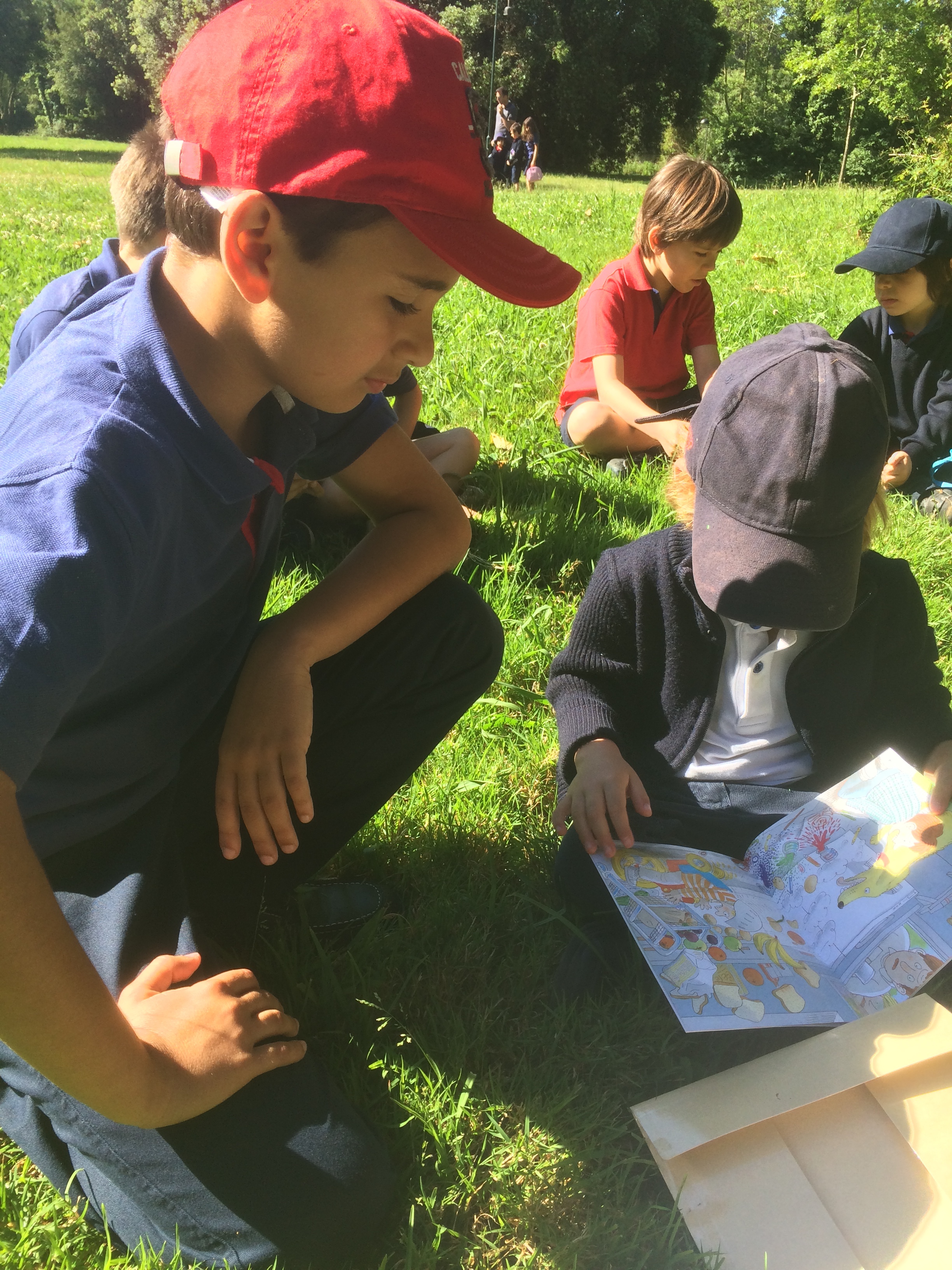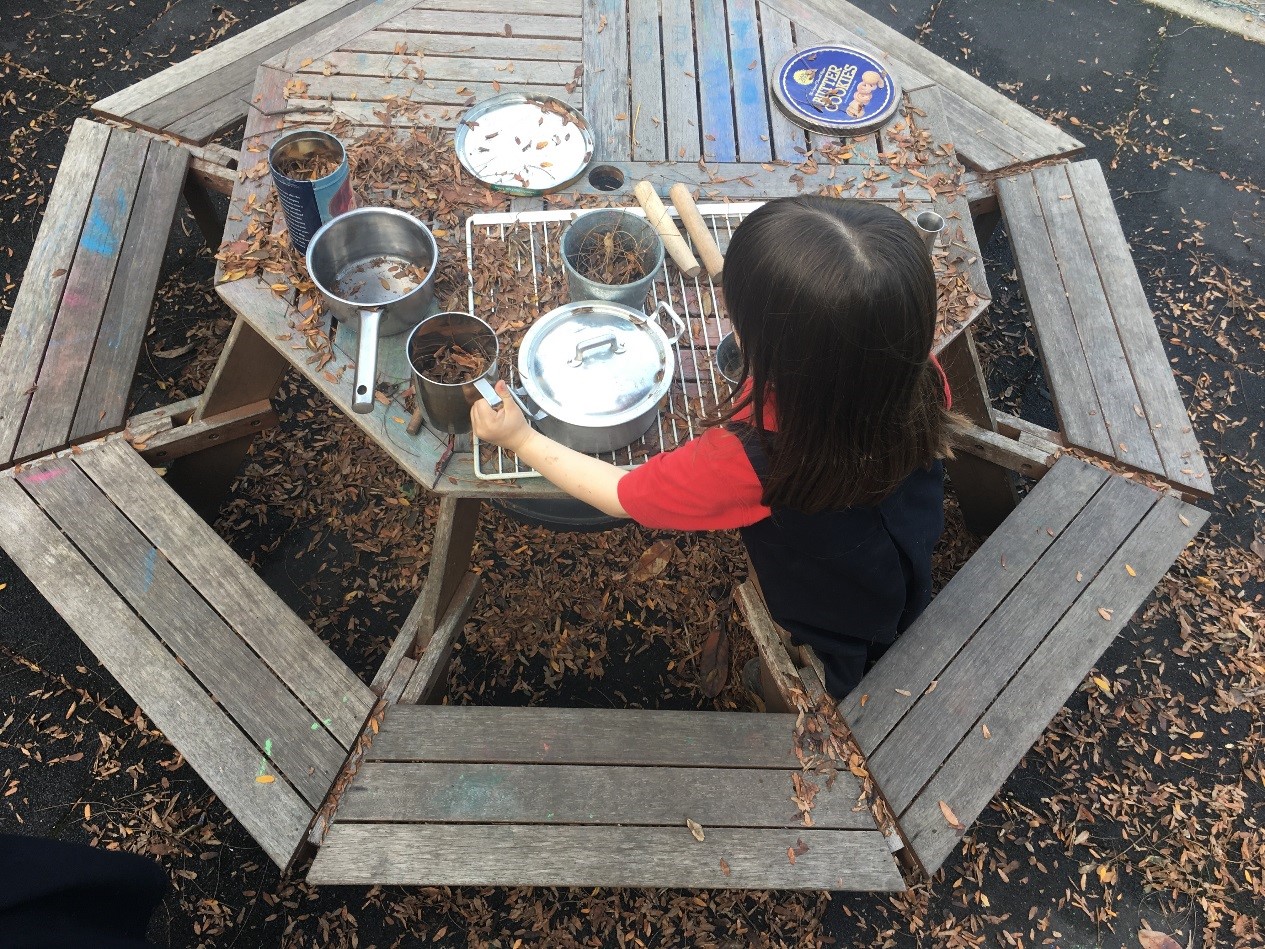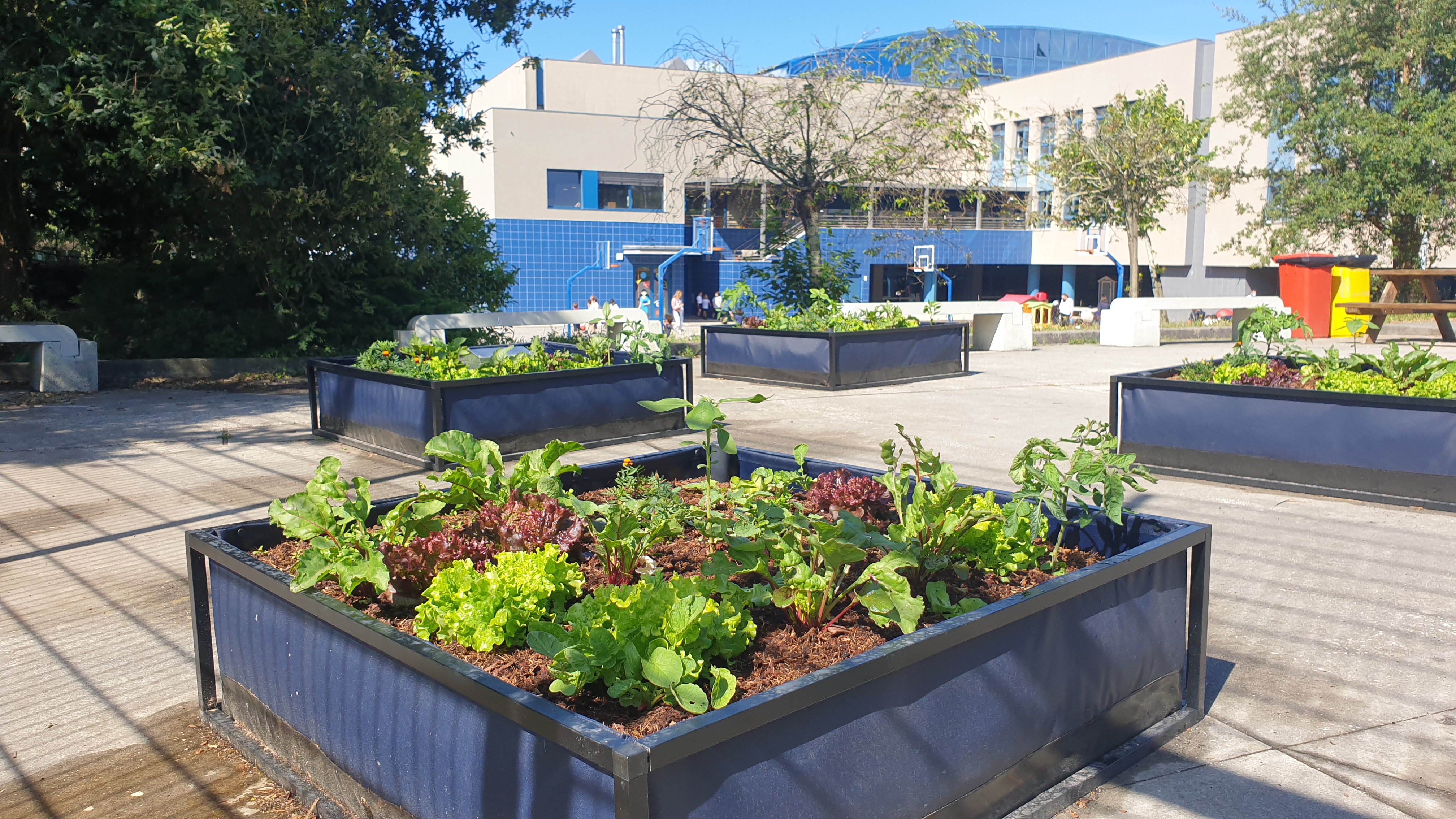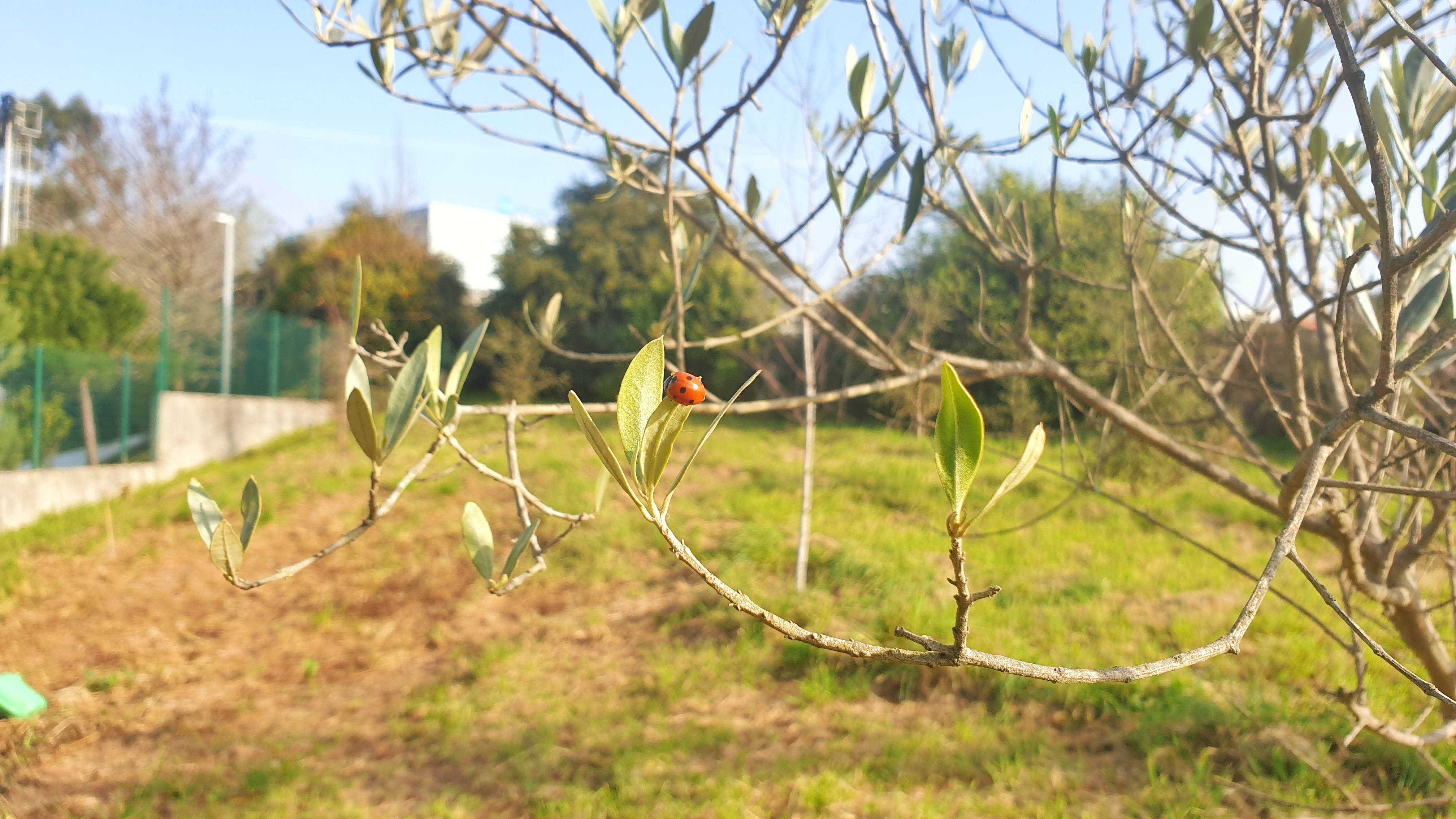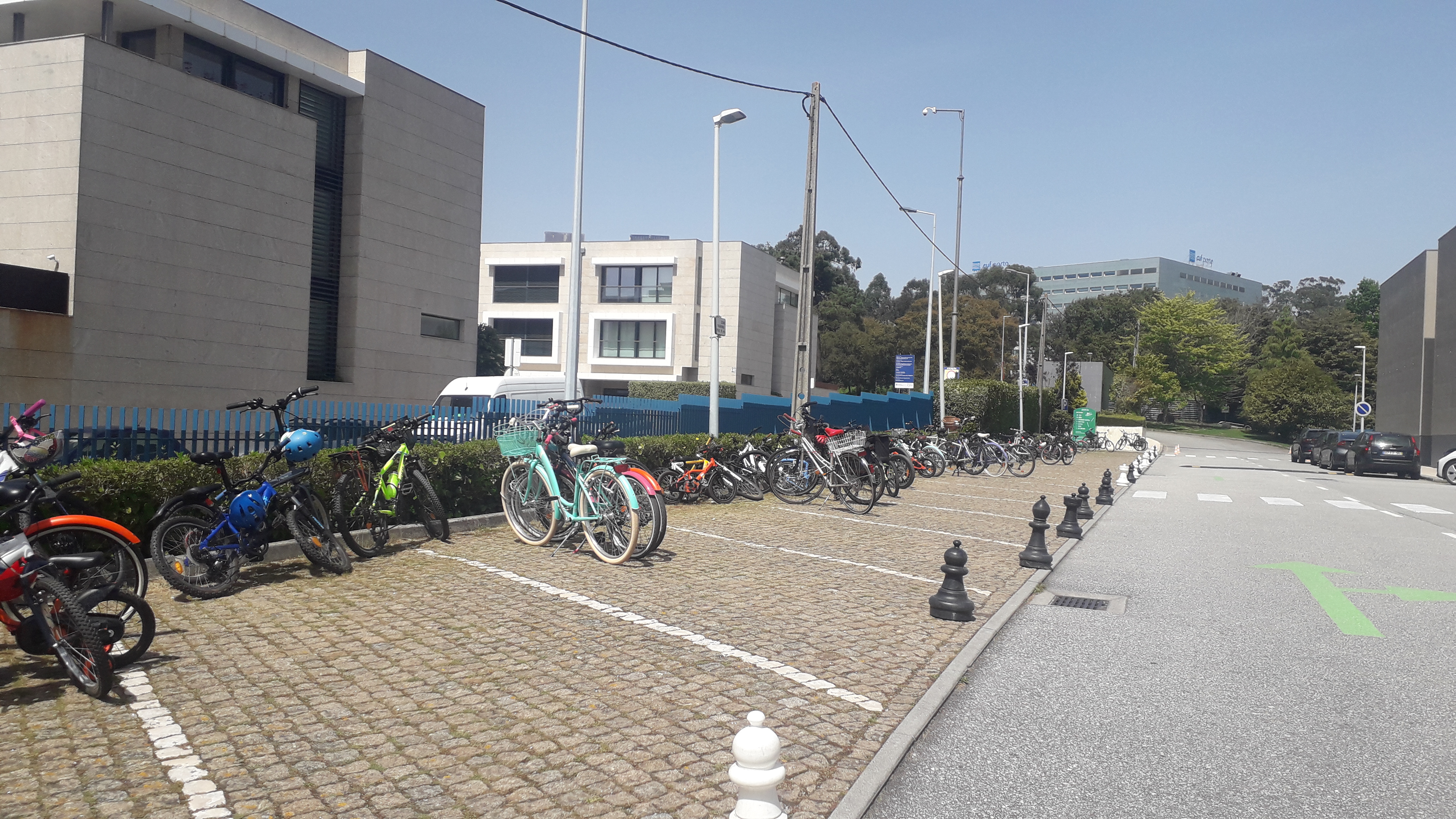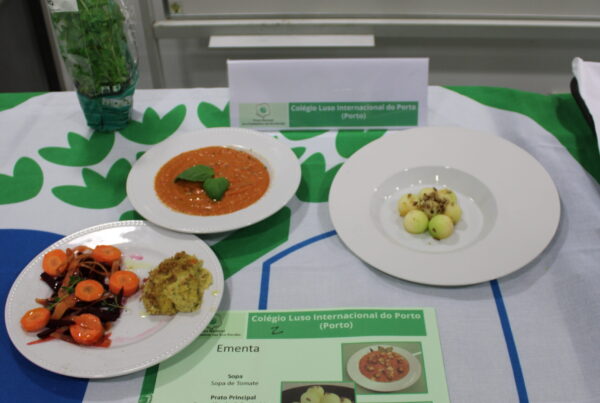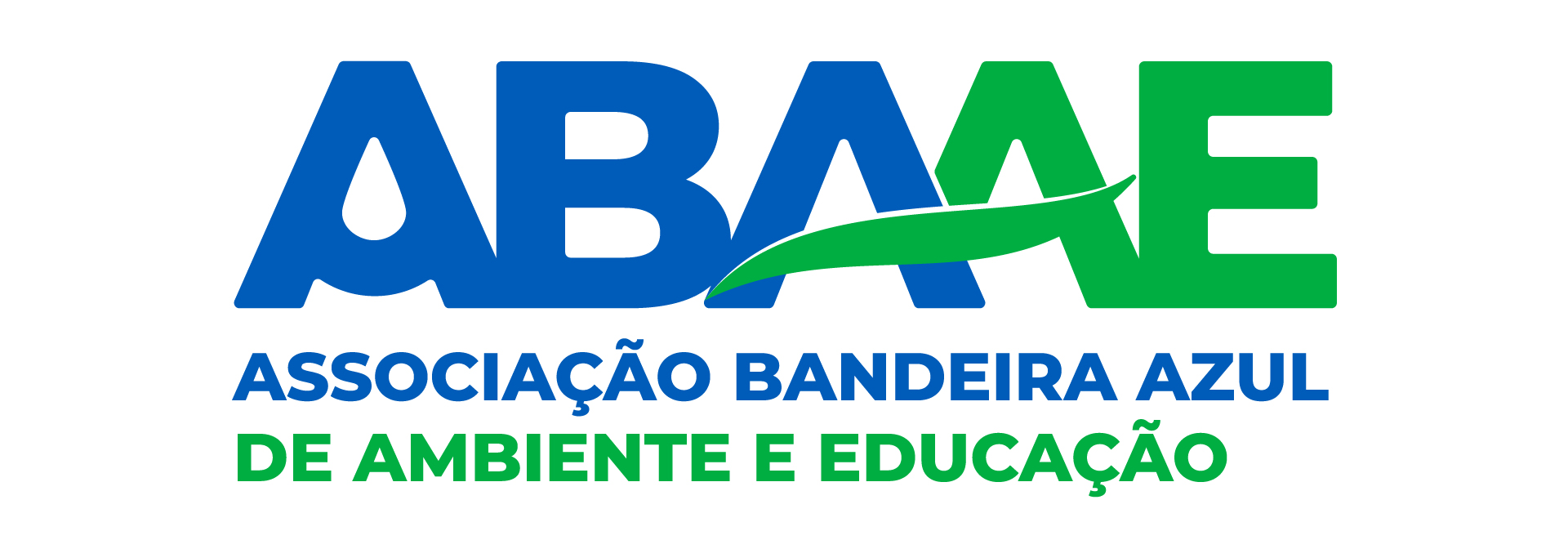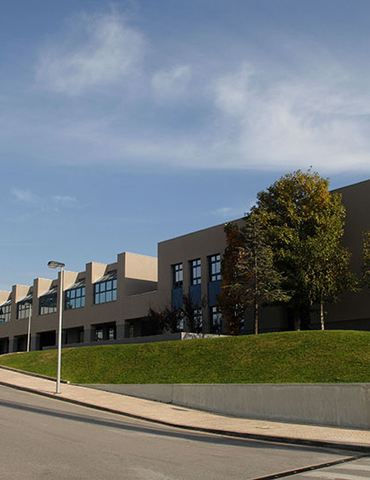
Informação
Jardim de Infância
1º Ciclo
2º Ciclo
3º Ciclo
Secundário
Privada
Localização
Morada:
Rua de Vila Nova, 1071 – 1199
4100-506 Porto
Telefone:
226 199 160
Breve descrição
The Vision
The Vision for the International School of Oporto (CLIP) is to become an exemplary centre of teaching and learning, which nurtures and promotes brilliant minds for the future through innovation, international-mindedness, academic excellence and intellectual resilience.
The Mission
CLIP believes the future will be shaped by extraordinary individuals who will meet the challenges of the 21st century through versatile intellectual competence, a passion for discovery, increased social fairness and uncompromising commitment. The Mission of the International School of Oporto is to nurture and inspire such individuals through the provision of a challenging, inclusive international education through which:
All are Challenged
All are Lifelong learners
All are Internationally-minded
All are Principled citizens
This education is provided by teams of outstanding, well-resourced teachers, working in world-class innovative learning environments in a safe, secure campus.The school experience is shaped by a spirit of community, characterized by students, parents, faculty and staff working together to achieve our goal of developing independent learners who possess the knowledge, values and skills to make a difference in the world.
CLIP offers a challenging, coherent programme of academics, arts, sports and service, from Pre-Kindergarten through Grade 12, through which:
> All learners’ needs are supported, their perspectives sought and respected and their qualities valued and nurtured;
> All learners make annual learning progress through the achievement of specific, appropriate learning targets;
> All learners have multiple opportunities to succeed and to secure their best future.
Critical Thinkers
All learners are equipped for success in a challenging world. They are confident leaders, skilled communicators, constructive team players and efficient problem solvers. They have a critical self-awareness and adapt successfully to changing situations.
Global Citizens
All learners develop a personal code of ethics, respect for diversity of opinion and culture, an empathy for others, an age-appropriate understanding of global issues and a disposition towards positive community participation.
Our Pedagogical Principles:
– Academic Excellence
– Learning to Learn
– Cooperative Learning
– Diversity and Cross-Cultural Education
– Personal Needs and Concerns
– Democracy
– Ethical and Moral Development
– The Arts
Histórico de participação e Galardão Eco-Escolas
- 1996-1997
- 1997-1998
- 1998-1999
- 1999-2000
- 2000-2001
- 2001-2002
- 2002-2003
- 2003-2004
- 2004-2005
- 2005-2006
- 2006-2007
2006-2007
galardoada
- 2007-2008
2007-2008
galardoada
- 2008-2009
2008-2009
galardoada
- 2009-2010
2009-2010
galardoada
- 2010-2011
2010-2011
galardoada
- 2011-2012
2011-2012
galardoada
- 2012-2013
2012-2013
galardoada
- 2013-2014
2013-2014
galardoada
- 2014-2015
2014-2015
galardoada
- 2015-2016
2015-2016
inscrita
- 2016-2017
2016-2017
galardoada
- 2017-2018
2017-2018
galardoada
- 2018-2019
2018-2019
galardoada
- 2019-2020
2019-2020
galardoada
- 2020-2021
2020-2021
galardoada
- 2021-2022
2021-2022
galardoada
- 2022-2023
2022-2023
galardoada
- 2023-2024
2023-2024
galardoada
- 2024-2025
2024-2025
inscrita
Galeria de Imagens
Sobre o Programa e atividades Eco-Escolas
The environment is naturally a current issue and educating to be environmentally friendly is, increasingly, an objective to consider in educational programmes. That is why being part of the Eco-Schools Programme is imperative and comes naturally. Therefore, to be an Eco-School for several years now – and consecutively winning the Green Flag 2006, 2007, 2008, 2009, 2010, 2011, 2012, 2013, 2014, 2015, 2017, 2018, 2019, 2020 and 2021 – is nothing more than the start of a path that is consolidated daily by being green both in and outside the school. Furthermore, this is not limited to recycling, to saving energy or water, but also includes being attentive to the preservation and protection of forests, noise and pollution (transport), knowledge of local and regional – even national – biodiversity, the climatic changes and oceans, among the many other aspects of distinct areas, such as fishing and agriculture.
Learning to live a sustainable life protecting the environment is what drives the teachers, students and parents that are part of the Eco-schools committee at CLIP.

